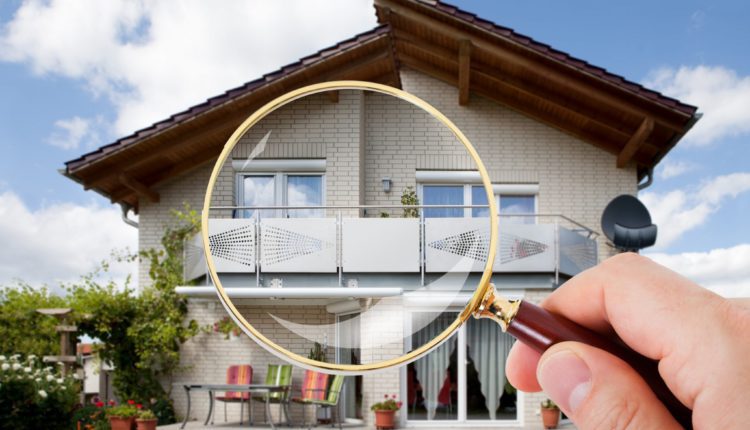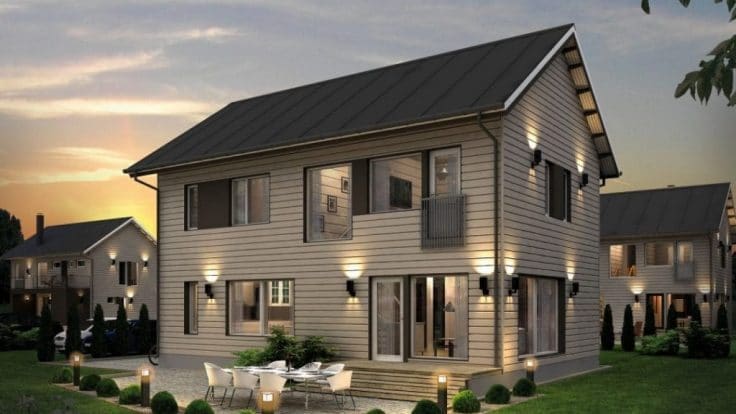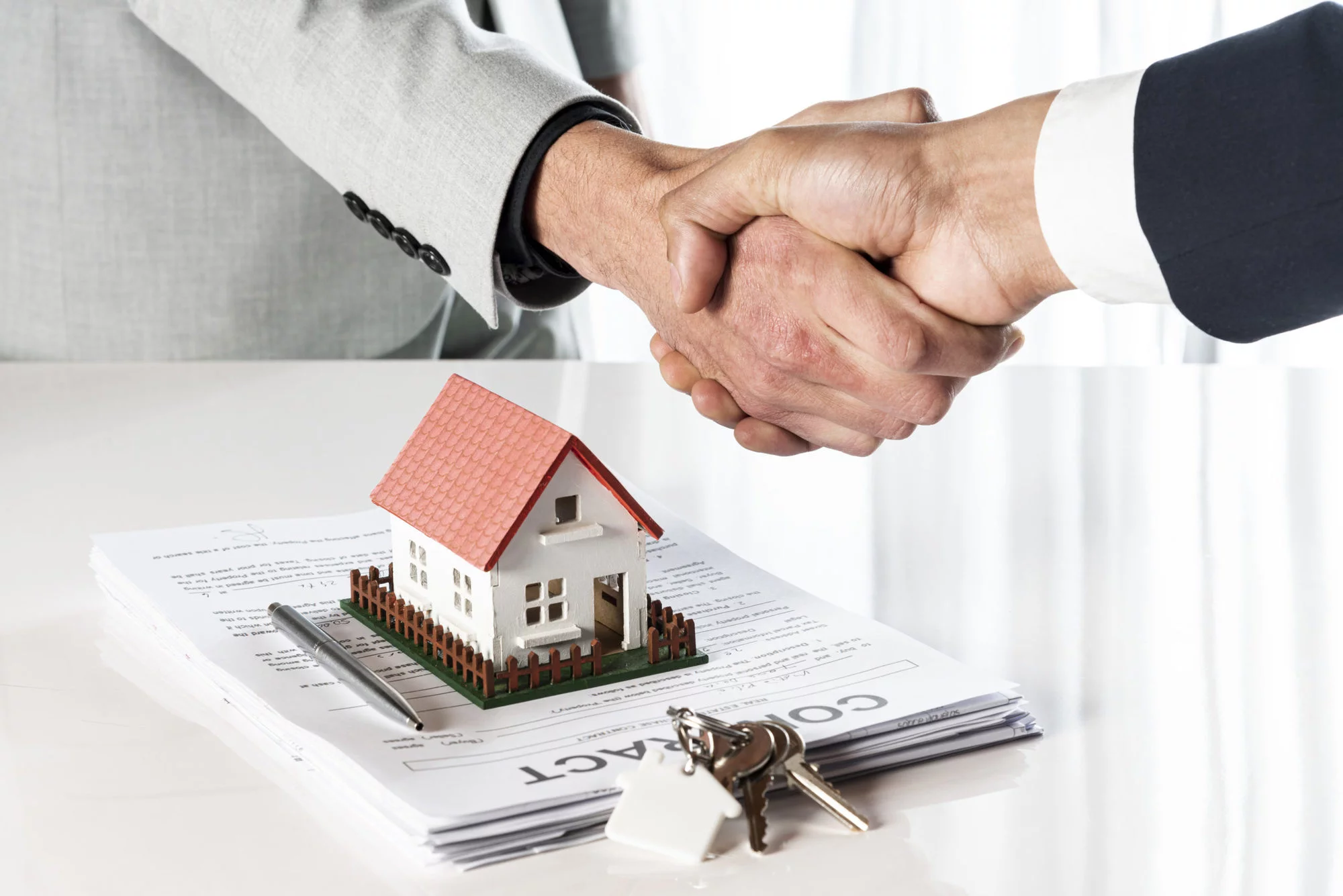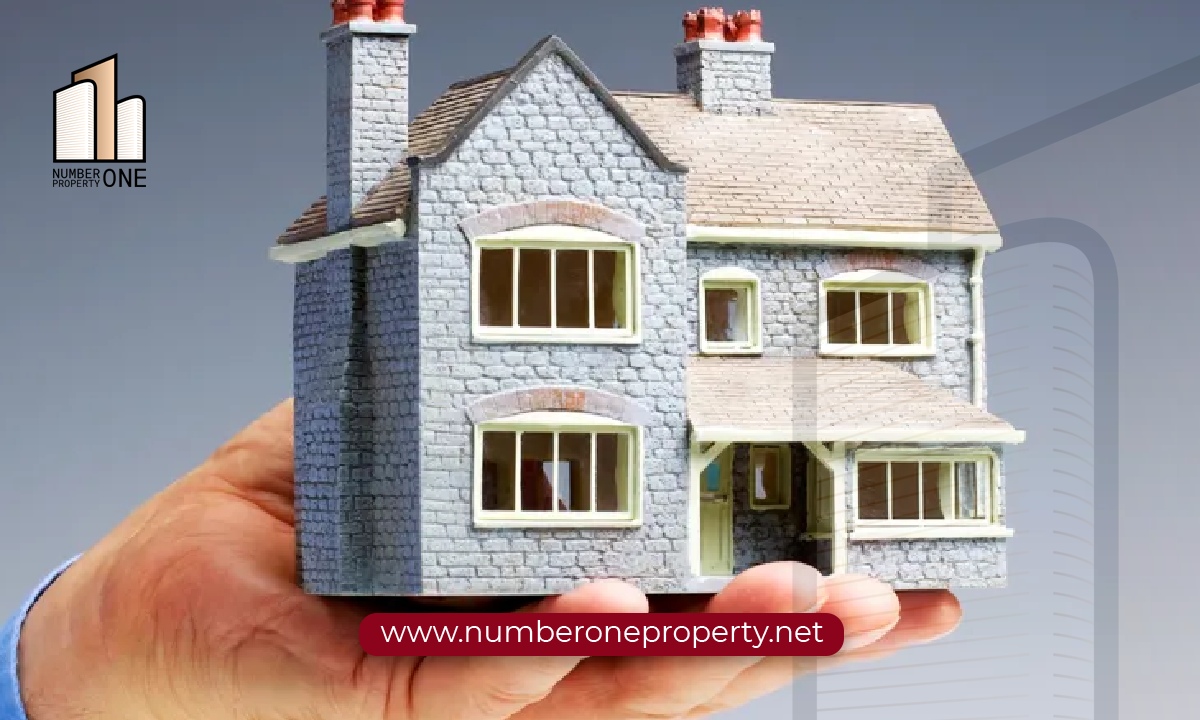When you search for a new home, you'll need to conduct a thorough evaluation to make an informed decision that fits your needs and budget.
How to prepare for a home tour?
Preparing for a home tour is a crucial step in the home-buying process, as it provides potential buyers with a unique opportunity to evaluate properties in person. This guide aims to help you navigate this exciting but often overwhelming phase quickly and confidently.
Whether you are a first-time homebuyer or an experienced investor, having a good understanding of what to look for, the right questions to ask, and how to assess the suitability of a property can significantly enhance your decision-making process.
From recognizing the significance of first impressions to evaluating the functional aspects of a home, these lines below will set the stage for a comprehensive and informed approach to your next home tour.
1- Find your dream home with the help of a local real estate expert.
Finding your dream home can often feel like navigating a vast maze of options, choices, and decisions.
This is where the expertise of a local real estate agent becomes invaluable. This real estate professional possess an intricate understanding of the local market, neighborhoods, and hidden gems that might be challenging to find online or in listings.
Their network and relationships within the community can grant you access to properties before they even hit the market. Beyond just the search, a local real estate expert can provide insights into the history of properties, the pros and cons of specific areas, and potential resale values.
Their negotiation skills can also ensure you get the best deal possible. Partnering with a local real estate agent simplifies the process and brings you closer to securing a home that truly resonates with your dreams and aspirations.
2- Create a list of homes you would like to visit and plan your route for the tour

Creating a list of homes you'd like to visit is a fundamental step in the home-buying journey. This list acts as a tangible roadmap, laying out your prospective choices based on your research and priorities.
You can begin by categorizing homes based on their appeal, such as ' must-see, 'maybe,' or 'if there's time,' ensuring you maximize your efforts on the most promising prospects.
Once you've listed the homes, plan your route for the tour. Use digital maps or navigation apps to determine the most efficient way, factoring in time for each visit and potential breaks.
This ensures the home viewing experience remains systematic, less overwhelming, and well-planned.
3- Prepare your list of what to look for when visiting potential homes
Remember, no house will be perfect, so determine your priorities beforehand. Which flaws can you live with, and which are deal-breakers? Making a list can help you stay organized and create a more informed decision.
To ensure a pleasant and productive experience during home tours, it is essential to prepare adequately. Your checklists can help you evaluate the property and make an informed decision to increase your chances of getting the best offer.
Also, take notes throughout the home tour because you need help remembering everything.
Here's a comprehensive checklist of things to look for and consider:
Exterior and Structure
- Curb Appeal: Does the house look well-maintained from the outside?
- Foundation: Check for cracks or signs of a shifting foundation.
- Roof: Look for missing shingles, sagging, or other signs of wear.
- Windows & Doors: Ensure they open and close correctly and are well-sealed.
- Drainage: Ensure there’s proper drainage around the house. Standing water or eroded areas can be a sign of problems.
Interior
- General Maintenance: Fresh paint, working switches, and fixtures in good condition can indicate a well-maintained home.
- Ceilings and walls: Check for cracks, stains, or signs of water damage.
- Floors: Note the floor condition of the floors, carpets, and tiles. Please be sure to look for signs of damage or excessive wear.
- Has the roof, windows, doors, or siding been redone recently? Are they still under warranty? Do you know if it is transferable?
- Odors: Be wary of strong odors, both pleasant and unpleasant, as they may mask issues.
- Storage space: Is there enough closet and storage space for your needs?
- Basement: Check for dampness, mold, or a musty smell.
Systems and Appliances
- Heating and Cooling Systems: Ask about the age and efficiency of the heating and cooling system. Check if it works well.
- Water heater: Check its age and capacity.
- Plumbing: Check water pressure in sinks, showers, and tubs. Look for leaks under sinks.
- Electrical: Ensure the electrical panel is up to code. Check outlets, light switches, and artificial light.
- Appliances: Ensure they're in working order if included in the sale.
Safety
- Smoke and Carbon Monoxide Detectors: Ensure they're present and functional.
- Mold and Mildew: Check basements, attics, and other prone areas.
- Pest Issues: Look for signs of pest infestations like rodent droppings or insect wings.
Location and Neighborhood
- Noise Level: Listen for noise from traffic, neighbors, or nearby commercial areas. Noisy highways, train tracks, or busy intersections nearby.
- Local Amenities: Consider the proximity to schools, parks, shopping, and other amenities.
- Safety: Research crime rates in the area.
- Commute: Check the travel time to your workplace or other frequently visited places.
- Schools: If you have or plan to have small children, research local schools' quality.
Future Expenses
- Age of Big-Ticket Items: Understand the age of the roof, furnace, AC, and other oversized items to anticipate future replacement costs.
- Energy Efficiency: Consider the costs of heating, cooling, and general energy use.
- Repair cost: Know the price if there are any repairs in the home; no one will like the costly repairs.
Negotiation Points (Price and Value)
- Inclusions: Determine what is included in the sale, e.g., appliances, light fixtures, etc.
- Age of the Home: Older homes may require more repairs or updates.Comparable homes: Understand the value of similar homes in the area to know if the asking price is fair. What are similar homes selling or renting for in the neighborhood? so on to get an idea about the right price.
- Future development: Is there any planned development nearby that might affect home value?
- Taxes and fees: Understand property taxes, homeowner's association (HOA) fees, and other potential costs.
Legal and Documentation
- Property Boundaries: Ensure you understand where the property lines are. You might consider a survey if unsure.
- Disclosures: Ask for any disclosures regarding the property’s history, such as past damages or issues.
Intangible Factors
- Natural Light: Check the amount of natural light in different parts of the house at various times of the day.
- Flow and Layout: Walk through the house and see if the layout works for your lifestyle.
- Gut Feeling: Sometimes, your instinct can tell you a lot about whether a house is right for you.
Miscellaneous:
- Cell phone and internet reception: Test the signal strength inside and outside the home.
- Parking: If there's no garage, is there ample parking?
- Age of the home: Older homes might have more character but might also require more
Other Things To Look For When Buying A House

Here are other factors to look for when buying a house:
- Floor plan, number of rooms, room sizes, and how many bedrooms.
- property taxes
- personal preferences
- Outdoor space and surrounding area
- Is it a move-in ready home?
You also need answers for:
- What is the reason for the sale? Is it related to the condition of the house?
- How much does electricity and heating cost?
- Questions about related spending
Questions to ask your real estate agent when looking at a house
House hunting can be both an exciting and daunting experience. Your real estate agent is there to guide you through the process, but you should always come prepared with a list of questions to ensure you're making a well-informed decision. Here's a set of essential questions to pose when you're looking at potential homes:
Remember, purchasing a house is one of your most significant financial decisions. Don't hesitate to ask questions, do your research, and ensure you're fully informed before making an offer. Your real estate agent is there to help, so make the most of their expertise.
What's included in the sale (parking space, garden shed)?
Property Inclusions and Exclusions:
What's included in the sale? Ensure you know what fixtures, fittings, and appliances are part of the sale. It's common for buyers to assume certain items are included, only to find out at settlement that they've been removed.
Is the parking space included? Especially in urban areas, parking can be a premium. Find out if the house comes with a designated parking space or garage. If it does, ask if it's on the property title or a separate entity.
Are there any outbuildings, like a garden shed or workshop, included? Sometimes, these can be valuable additions to a property, particularly if you need storage or workspaces.
Questions about the neighborhood

What's the neighborhood vibe? Ask the agent for their perspective on the general atmosphere, demographics, and the type of residents in the area.
How safe is the neighborhood? While agents may be cautious about making direct statements regarding safety, they can guide you to resources or local statistics that provide crime rates and safety information.
What are the local schools like? Even if you don’t have children, the quality of local schools can impact property values.
Are there any future developments planned for the area? Knowing if a big construction project, a new commercial complex, or infrastructure changes are coming up is helpful, as these can influence property values and your future living experience.
What amenities are nearby? Consider what's important to you, be it parks, shopping centers, or gyms, and inquire about their proximity and quality.
Questions about co-ownership
Co-ownership in property purchasing refers to a situation where two or more people jointly own a property.
When considering co-ownership, it's essential to consult with legal and financial professionals to ensure all parties understand their rights and responsibilities.
Conclusion (Top 10 Things to Look for When Buying a House)
If you're seriously considering a home, a professional home inspection is often recommended to identify potential hidden problems. This can save you from costly surprises down the road.
Remember, no house will be perfect, so determine your priorities beforehand. Which flaws can you live with, and which are deal-breakers? Making a list can help you stay organized and make a more informed decision.
Keep in mind that people prefer properties with the ability to sell quickly and find potential buyers.
Let us know if you find this article helpful, and share it.


